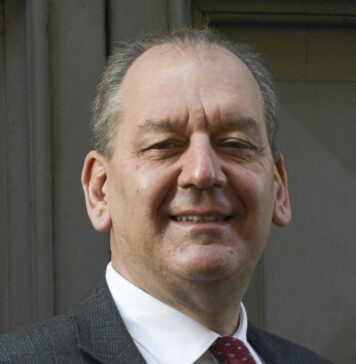The Council of State rejected the appeal of a gaming operator and therefore denied compensation for damages for the failure to open a gaming room in the municipality of Bologna following the entry into force of the regulation which introduced the minimum distance of 1 km from the places sensitive for gaming activities.
The sentence retraces the facts according to which the Municipality of Bologna first allowed the conclusion of the urban construction procedure for the change of intended use, thus generating legitimate expectations in the appellant and only at a later time, in the month of November 2013 the distance limit of 1000 meters was introduced with the illegitimate provision of the Urban Police Regulation.
In the plaintiff's submission it would therefore be certain that, by virtue of the final ruling between the parties, relating to the annulment of the denial of the license pursuant to art. 88 of the TULPS and the presupposed regulatory provision, the Municipality of Bologna should have allowed the operator, through the tenant of the business branch, who had to hold the TULPS license 88, to start the gaming collection activity in the room VLT in the month of February 2014 and that this activity would have legitimately continued, at least until the end of 2018, for over 4 years, coinciding with the timing of the mapping of the territory by the Municipality of Bologna arranged in February 2018 and the first six-month deadline established by Regional Council resolution no. 831/17.
The economic prejudice suffered by the appellant company would therefore be directly and causally referable and consequent to the adoption of the resolution of the Bologna City Council which had adopted, in November 2013, the Urban Police Regulation, illegitimately inserting the distance limit of 1000 meters and preventing the start of economic activity.
For the Council of State "even if the Municipality had dictated a different discipline from that taken into consideration in the Urban Police Regulation, reducing the distance to 500 meters from sensitive places, or even to 300 meters, the license pursuant to art. 88 TULPS also could not have been released. The appellant company also erroneously claims that it could have continued the activity until 2018, taking advantage of the deferrals granted for relocations by the new legislation. However, this statement too, in addition to being based on the unproven assumption of the possibility of starting since 2014, is completely unsubstantiated because the circumstances which would have guaranteed the appellant company to benefit from the hypothesized deferrals for relocation are precise and specific: having contractually chosen a new headquarters, positioning of the new headquarters in a suitable place in terms of distance, demonstration of having entrusted the task of building the new headquarters, indication of coherent and certain timescales, etc.".











